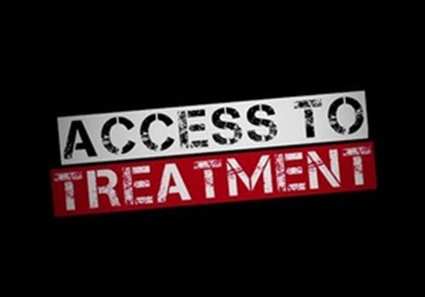Experts Call for Urgent Expansion of Pretomanid Label: Appeal to Improve TB Treatment Access in Europe
2 May 2025
A coalition of leading tuberculosis (TB) experts and medical societies is calling for an urgent expansion of the European Medicines Agency (EMA) label for pretomanid, a key drug in the fight against multidrug-resistant TB (MDR-TB) and rifampicin-resistant TB (RR-TB). This appeal, in alignment with the latest World Health Organization (WHO) guidelines, aims to improve patient access to more effective and tolerable treatment regimens.
Pretomanid is currently approved by the EMA for use only in combination with bedaquiline and linezolid (BPaL regimen) and restricted to cases of extensively drug-resistant and select MDR-TB patients. However, global evidence from recent clinical trials — including NiX, ZeNix, and TB-PRACTECAL — demonstrates the effectiveness of an expanded regimen, BPaLM (including moxifloxacin), as the new standard of care for MDR/RR-TB. The WHO has recommended its programmatic use since 2022, urging national TB programs to adopt these regimens swiftly.
Despite these advancements, access to pretomanid remains limited in Europe. Expanding pretomanid’s label will ensure more patients benefit from shorter, safer, and more effective TB treatment.
This expert coalition proposes to EMA to act swiftly, updating pretomanid’s label to align with WHO recommendations and ensure equitable access to life-saving treatments across Europe.
“Updating the EMA label for pretomanid will be important to overcome problems of access to pretomanid that currently exist in Europe. The coalition of many professional societies in Respiratory Medicine and Infectious Diseases endorsing this open letter shows the importance of this problem”, says Prof. Christoph Lange from the Research Center Borstel, Leibniz Lung Center, scientist in the DZIF research area “Tuberculosis” and corresponding author of this initiative.
Access the publication in IJTLD OPEN, Urgent request for pretomanid label expansion to align with WHO guidelines and improve treatment accessibility and efficacy
Source: German Center of Infection Research (DZIF)

